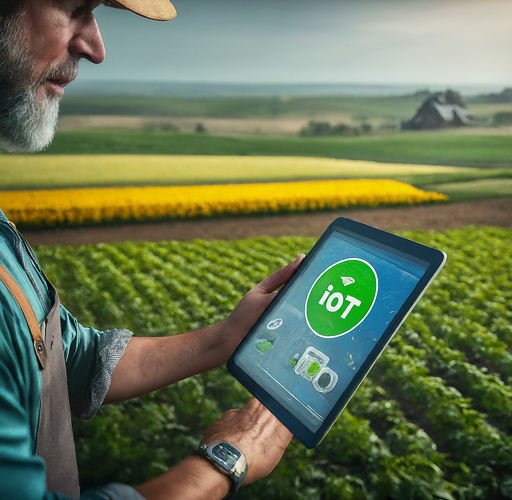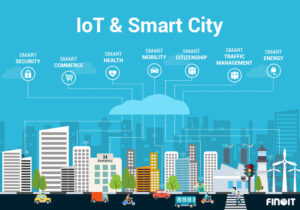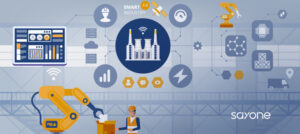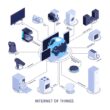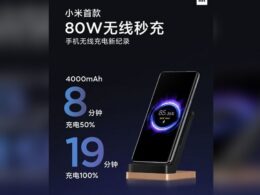Table of Contents Show
3. Smart Cities: Optimizing Urban Infrastructure
IoT is instrumental in creating smarter, more sustainable cities by optimizing urban infrastructure and public services. Smart traffic management systems utilize IoT sensors and real-time data analysis to alleviate congestion, minimize travel times, and enhance road safety. Waste management systems equipped with IoT sensors optimize collection routes, reduce operational costs, and promote recycling initiatives. Additionally, IoT-enabled street lighting adjusts luminosity based on ambient conditions, conserving energy and reducing light pollution.
4. Industrial Automation: Driving Efficiency and Productivity
In the realm of industrial automation, IoT is revolutionizing manufacturing processes by enabling predictive maintenance, remote monitoring, and autonomous operations. Connected sensors embedded in machinery collect data on performance metrics, allowing for proactive maintenance and minimizing costly downtime. IoT platforms integrate data from disparate sources to optimize supply chain management, inventory control, and production scheduling. Moreover, autonomous robots equipped with IoT technology enhance operational efficiency by performing repetitive tasks with precision and reliability.



